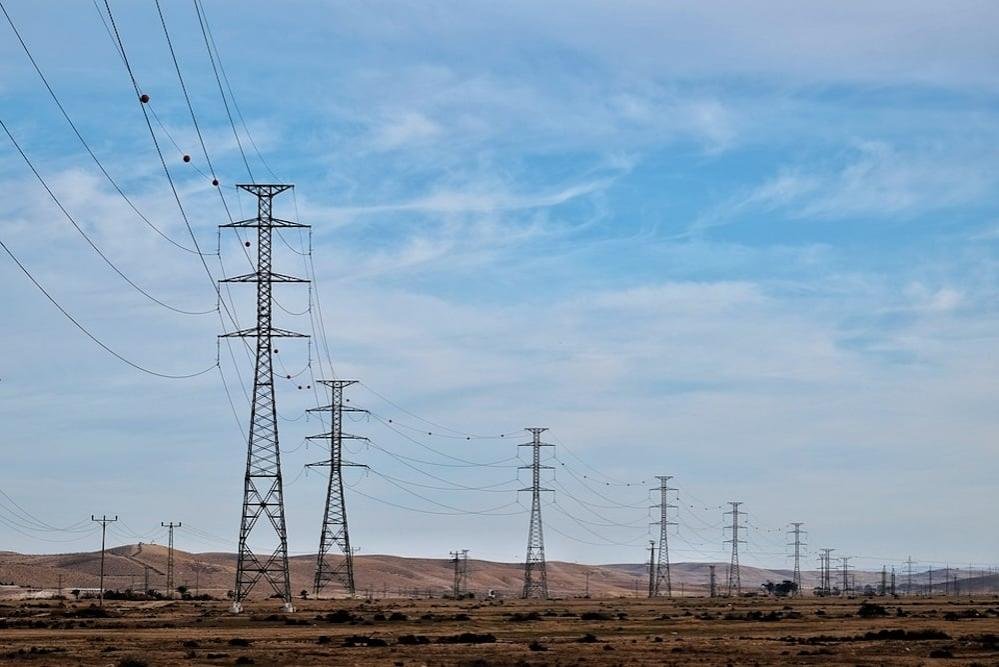arizona
Governor Nixes Fast-Track Approval for Small Nuclear Reactors at Arizona Data Centers

Governor Katie Hobbs vetoed a measure last week aimed at waiving specific state regulations to enable large industrial energy users, including data centers, to construct small nuclear reactors in rural Arizona. In her veto letter, Hobbs expressed support for exploring innovative technologies but noted that the bill preempted careful consideration of emerging reactor designs still untested commercially in the U.S.
House Bill 2774 proposed allowing these large facilities to build “small modular nuclear reactors” without securing environmental compatibility certificates and bypassing local zoning laws. House Majority Leader Michael Carbone, the bill’s sponsor, criticized the veto, suggesting it reflects a misunderstanding of the bill’s intent and potential advantages.
Carbone plans to assess alternatives and potentially reintroduce the issue in the next legislative session, expressing hope that future leadership will embrace economic opportunities for rural Arizona. He indicated that Hobbs’ stance might hinder job growth in those regions.
As advocacy groups rally support—raising over $1.5 billion for small modular reactors (SMRs)—other states, such as Utah, also pursue the integration of these technologies. The ongoing advancements in artificial intelligence underscore the critical role of robust energy solutions, with data centers relying heavily on power.
Senate President Warren Petersen joined a lawsuit against the Nuclear Regulatory Commission to limit its oversight of nuclear technology. This move coincides with broader deregulatory efforts within the energy sector, particularly during the Trump administration, which has faced scrutiny for hastening technological innovations that some view as potentially perilous.
In light of these developments, Carbone asserted that industrial users must prepare for future energy demands, articulating that the veto was a missed opportunity to address the state’s long-term energy needs amid increasing reliance on nuclear energy within the tech sector.
Despite the absence of operational SMRs in the U.S. and challenges surrounding existing projects, advocates argue that Arizona’s growing semiconductor industry necessitates new energy solutions. Carbone posited that enabling large energy users to generate their own power could be crucial for the timely progression of their projects.
The overarching policy goal, he emphasized, should focus on expediting the deployment of energy resources, suggesting that his bill provided a necessary framework for achieving swift state-level permitting reforms applicable to all future energy projects, regardless of their generation type.
















